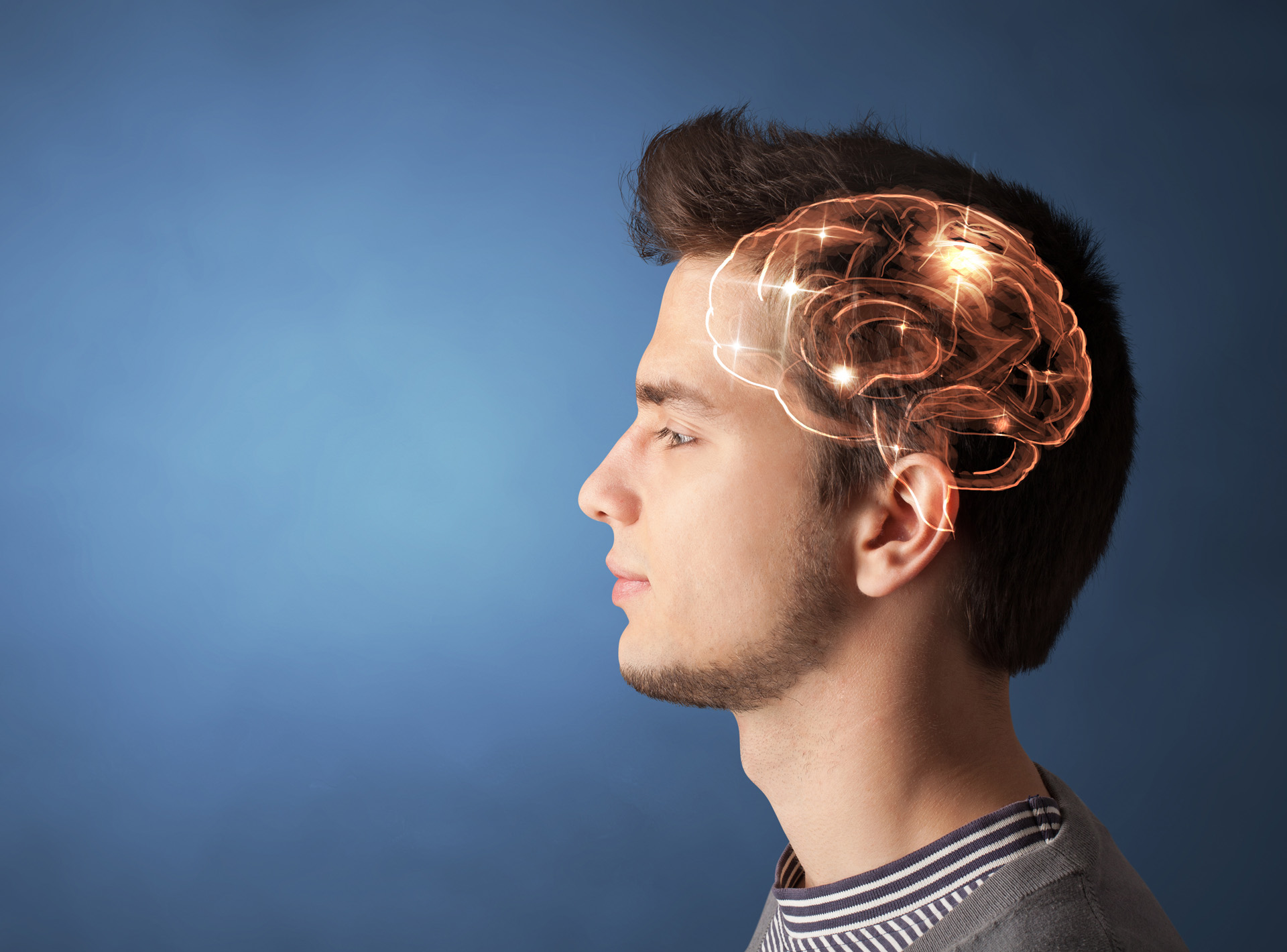 A novel treatment for severe obsessive-compulsive disorder (OCD) has shown an almost 50% reduction in patient symptoms.
A novel treatment for severe obsessive-compulsive disorder (OCD) has shown an almost 50% reduction in patient symptoms.
Researchers from the US Baylor College of Medicine have discovered that deep brain stimulation (DBS) can halve the symptoms of severe OCD, with two thirds of those affected demonstrating substantial improvement within two years.
The results of their meta-analysis, published September 21st in the Journal of Neurology Neurosurgery & Psychiatry, demonstrated that DBS reduced OCD symptoms by 47%, with secondary analysis revealing a similar reduction in associated depressive symptoms.
DBS, which involves implanting electrodes within certain areas of the brain to regulate abnormal electrical impulses, has emerged over the past few decades as a potential treatment for those with severe symptoms of treatment resistant OCD (TROCD).
Lead author Associate Professor Sameer Sheth, from the Baylor College of Medicine in the US, said that their results provided “a strong evidence base” in support of the technique.
“Drugs and cognitive behavioural therapy (CBT) can be very effective, but in around 1 in 10 cases, these approaches don’t work,” Professor Sheth said.
“Our findings support DBS as an effective treatment for TROCD and indicate that patients with severe TROCD experience a near 50% reduction in their OCD symptoms by a median follow-up of approximately 24 months.
“Sixty-six per cent of patients in well-designed studies achieved response to DBS therapy, which compares with or outperforms recent estimates of treatment response with sessional procedures (36%–59%).
“We also found a strong effect of DBS for TROCD on comorbid depression, with nearly half of reported patients attaining a complete response and an additional 16% at least partially responding to therapy.”
While various studies have previously suggested that DBS can be effective in people with TROCD, they did not always quantify the impact of potentially influential factors.
The team from Baylor systematically reviewed and pooled the results of 34 clinical trials published between 2005 and 2021, with the aim of critically assessing how well deep brain stimulation alleviates OCD and associated depressive symptoms in adults.
The 34 studies included 352 adults with an average age of 40, and severe to extreme OCD – the symptoms of which had not improved despite treatment.
In 23 of the studies, participants were required to have had persistent symptoms for 5 or more years before consideration for surgery; one had a requirement of more than a decade of symptoms and two or more years of failed treatment; another required at least one year of failed treatment; and five had no requirements.
Coexisting mental health issues were reported in 23 studies with over half of participants experiencing comorbidities of major depression, anxiety and/or a personality disorder.
“[However], while these results are encouraging, it is important to remember that DBS is not without its limitations,” Professor Sheth said.
“First and foremost, it requires chronic implantation of hardware and carries the associated risk of complications. Furthermore, although we report a less than 1% incidence of de novo obsessions involving the patient programmer or the device itself, it remains a significant barrier to the effective implementation of [DBS] for OCD in certain patients.
“Successful application of DBS requires a close therapeutic alliance between patient, neurosurgical and expert psychiatrist teams in centres that specialise in implantation and programming of the device.”

